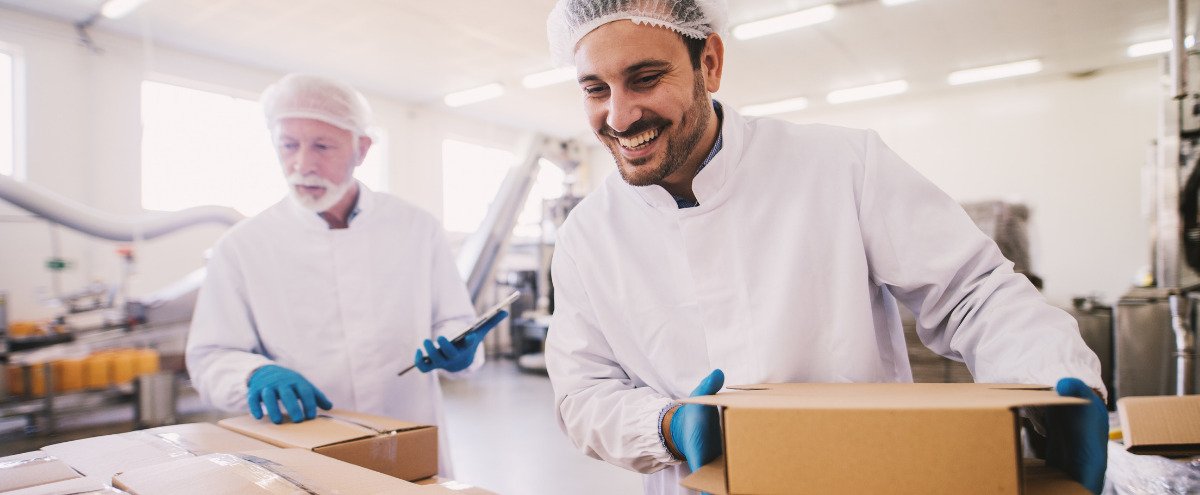
17 Sep Food Safety: Manufacturing Contamination
Did you know there are 250 known foodborne diseases? And, each year, those foodborne diseases affect 1 in 4 Americans and cause:
- 76 million illnesses
- 325, 000 hospitalizations
- 5,000 deaths
Cross contamination is defined as “the process by which bacteria or other microorganisms are unintentionally transferred from one substance or object to another, with harmful effect.” Cross contamination can occur in three ways including microbiological contamination, chemical contamination, and physical contamination.
Contamination of food products is a very serious issue, with very serious consequences. Contaminated products must be isolated and not sold. If workers in the food service industry are not trained to do their jobs correctly, people may get sick or even die.
All employees in the food service industry should be trained to identify a potential cross contamination situation and prevent it from happening. “A safety program is only as effective as the employees who practice it.”
To learn more on how to train yourself and your employees to prevent outbreaks from occurring, our online training resource, Safety National, covers the very important topic in the Food Service Industry, Food Manufacturing Contamination. The assessment discusses the following:
Food Safety Orientation
- Why food safety is important
- Some common foodborne illnesses
- Methods of contamination
Prevention and Control
- What HACCP is, and why it is important to the food industry
- The seven principles of HACCP
- Good Manufacturing Practices, and other vital prerequisites to the HACCP program
Synergy offers several other safety resources to all current active clients that focus on the specific changes and challenges that are unique to all businesses.
If you are interested in partnering with Synergy Comp and SOS Consulting to create a culture that fosters communication and embraces safety as a core operating principle, contact us today!





No Comments